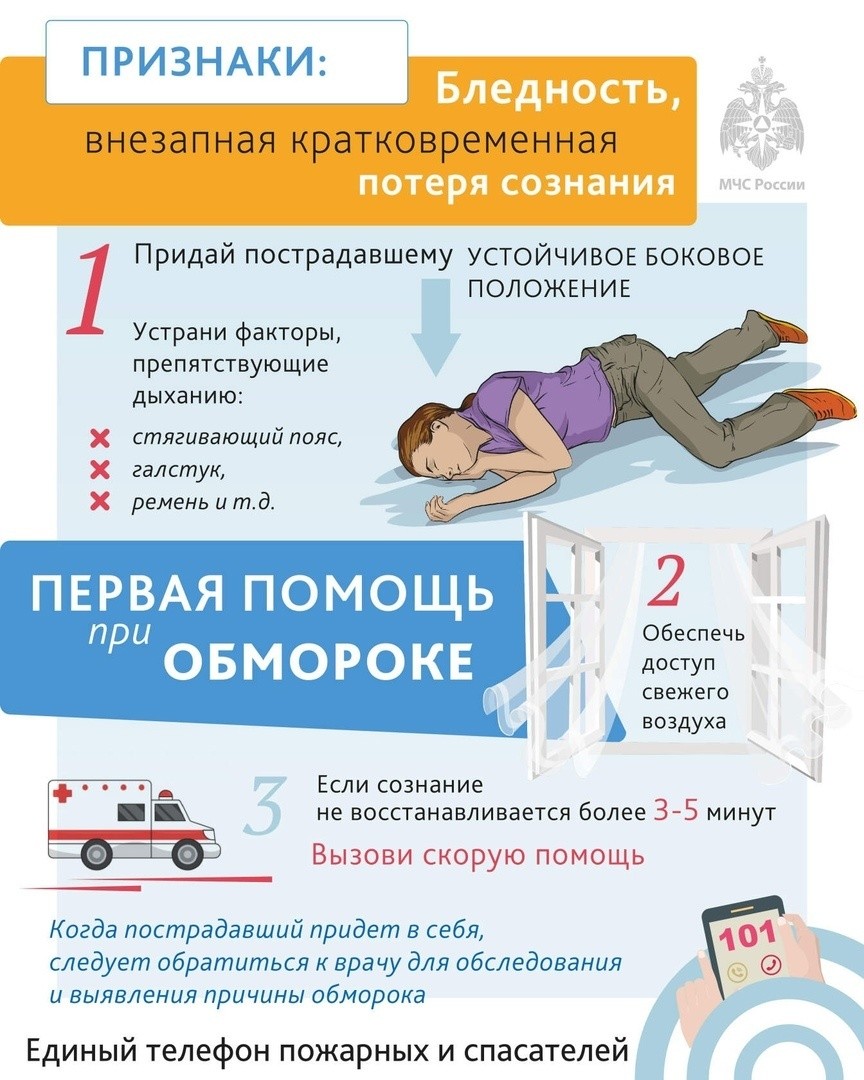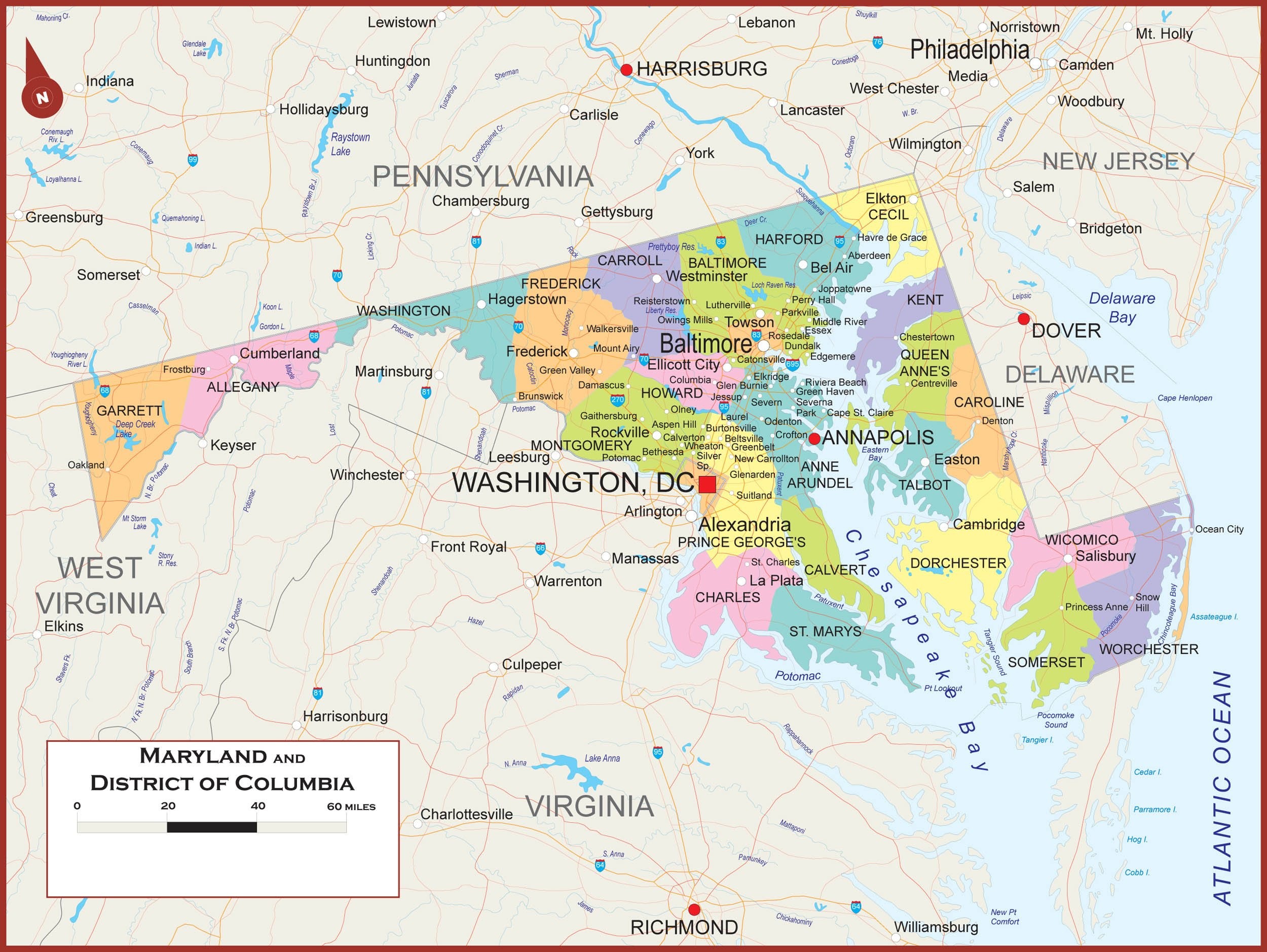
What to do and what not to do when stopping
Pull into a safe area, stay in the car and turn off the engine when the traffic officer stops you. Don't be rude and don't joke.
Every time you get behind the wheel of your car, you realize, consciously or subconsciously, that there is an authority next to you on the road. The boys in blue drive the same roads as you to make sure everyone drives safely and carefully.
Often people can have several misconceptions about the police. They may even think that:
- All the cops want is to fulfill their "ticket quota".
- Every cop is outraged.
- The cops want to get you, and they're happy.
The truth is that cops are dedicated to public safety and most of them don't like to stop someone to stop traffic. However, this is part of their job and one of the most dangerous tasks they perform.
From 2003 to 2012, 62 police officers were killed at bus stops. In 2012 alone, 4,450 police officers were assaulted in some way during a traffic stop. When an officer asks you to do something during a traffic stop, it is usually to ensure his or your safety. Think about this: when an officer approaches your car and can't see where your hands are or what you're doing because of your car's tinted windows, can they be sure they won't be added to the previous statistic?
It is important that you understand that traffic stops are necessary for safety and that there are things you should and should NOT do if and when you are stopped.
What to do if you are stopped
Roll into the safe zone. The police officer will have to stop behind you and approach your car, so make sure you stop in an area where the police officer has enough room to move safely. Don't count on traffic to move when it should. If you need to go a little ahead before you can stop, or if you have to cross multiple lanes to get to the shoulder, turn on your hazard warning lights and slow down a bit.
stay in the car. One of the most threatening things you can do is get out of your car. If you get out of the car, the officer will immediately take a defensive position, and the situation can escalate rather quickly. Stay in your vehicle and wait until the officer approaches you unless he tells you otherwise.
Turn off the engine. The police officer will order you to turn it off if you haven't already. If your engine is on when the officer is approaching, he or she will consider the possibility that you are in danger of flying away. It is imperative that you turn off the engine before the officer approaches so that you can keep the situation under wraps.
stay in sight. To make stopping traffic as safe as possible, make sure you are as visible as possible. Open the window before the officer approaches you and turn on the lights in your car so they don't have to worry about what's going on inside the car. Keep your hands on the wheel unless you are asked to bring something for the officer. Before you reach for your license and registration documents from your wallet, tell the officer that you are going to do so.
Keeping calm. In the worst case, you can be convicted of a traffic violation and fined, unless you are hiding something illegal. If you are calm, the cop is less likely to have reason to feel threatened and the traffic stop will go smoothly.
Follow the officer's instructions. If you follow the officer's instructions, the traffic stop will be smoother and prevent the cop from getting angry. If you decide not to follow any of the officer's instructions, expect the situation to change dramatically and things may not work out in your favor.
What NOT to do if you are stopped
Don't argue with the officer. If you've been spotted at 75 mph in zone 65, you won't change an officer's mind by refuting it personally. You will have the option to challenge this in court if you choose, but arguing about it with an officer just looks belligerent and will force the officer to respond firmly.
Do not panic. Transport stops are commonplace. They are a normal part of an officer's day and are designed to keep you and others safe. It can be as simple as a blown taillight bulb on your car or no signal when turning. A traffic stop may make you a few minutes late for a meeting, but that's no reason to lose your cool.
Don't admit wrongdoing. If you intend to challenge your ticket in court, do not admit to the officer what you did or did not do. Anything you say to an officer can be used in court against you, so be sure to limit your comments to the officer.
Don't be rude. Rudeness is interpreted as aggressive and shows the officer that you do not respect his authority. Do not insult, scold or make snide remarks to the officer, especially if you want indulgence from him. The situation will not turn in your favor if you are rude.
Don't be silent. Like rudeness, jokes during traffic stops do not demonstrate respect for the authorities and the serious risk that an officer takes by stopping each stop. Feel free to act friendly and carefree, but try not to be disrespectful of their role in public safety.
Remember that the officer's role is to ensure public safety, including yours and theirs. A police officer doesn't want to get into an argument or a physical altercation, and he never wants a traffic stop to escalate. Help them as much as you can by respecting what they do and making their job a little easier.
